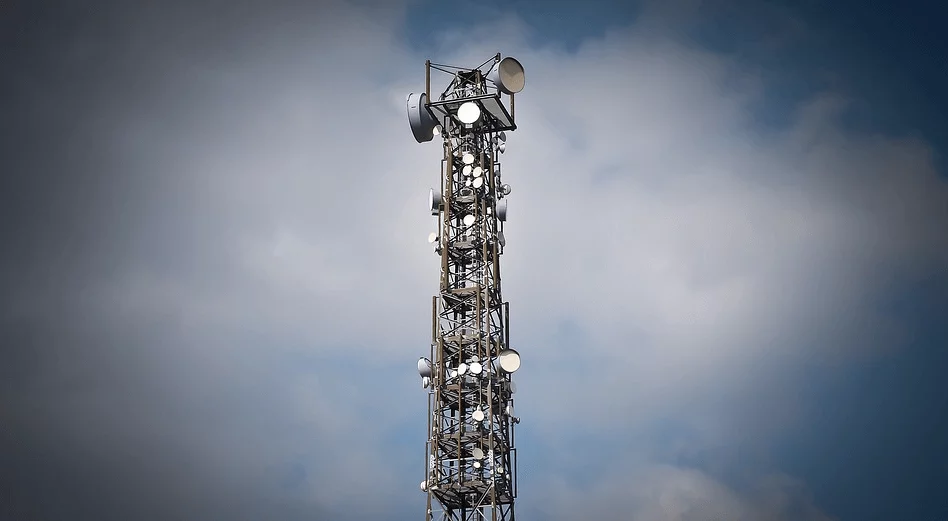Idea Cellular, the country’s third largest telecom operator, has now approached the Delhi High Court against the Telecom Regulatory Authority of India’s recommendation to impose Rs 950 crore penalty on it for not providing adequate interconnection to 4G entrant Reliance Jio.

Idea Cellular, in its plea, claimed that it has complied with all requirements of providing interconnectivity as per the quality of service (QoS) rules and as such is not liable to any penalty.
The telecom operator also stated that as on January 19, it has allocated 19,175 points of interconnection to Reliance Jio and attributed the congestion and call failures as result of Jio's gross underestimation of call volumes, due to its free voice-calling offer.
The telecom department however claimed that the Aditya Birla Group Company’s petition is not maintainable as the Trai had only given a recommendation, according to various media reports.
Additional Solicitor General (ASG) Sanjay Jain, who appeared for the department of telecom (DoT) on Tuesday at the Delhi High Court, opposed Idea’s plea, on grounds that it was premature since no action had been taken yet on the telecom regulator's October 21, 2016 recommendation.
The High Court bench has now reportedly issued notices to both the Trai and the DoT asking them to file affidavits on the issue of maintainability of Idea's plea before the next date of hearing on February 21.
Idea Cellular’s bigger rival Vodafone India has already moved the High Court by filing a similar petition against a Rs 1,050-crore recommendation on the same grounds. The petition is currently pending before another bench of the court.
The telecom department (DoT) and the Trai have already contended that Vodafone’s plea was not maintainable.
The telecom regulator had on October 21, 2016 had recommended a total Rs 3,050 crore penalty against the three service providers, including Rs 1,050-crore penalty against Bharti Airtel for failing to provide adequate interconnection to Reliance Jio.
The telecom department had on January 12 received confirmation from the Attorney General's office that the imposition of such a penalty was legal and within the scope of the law.















